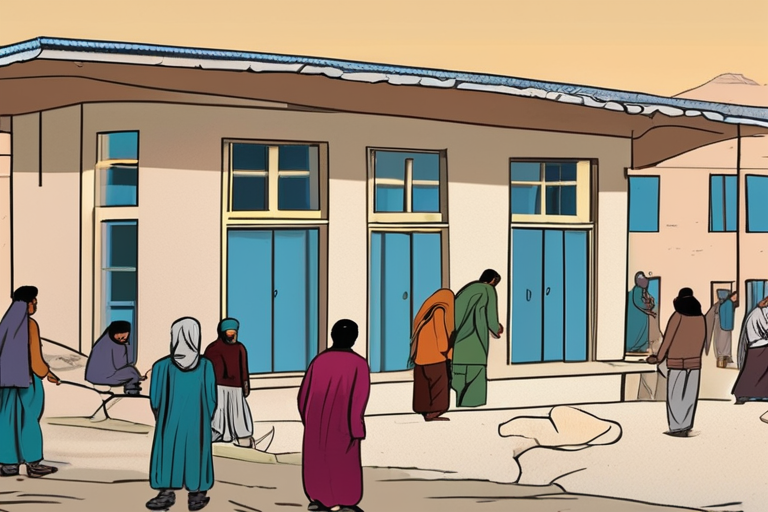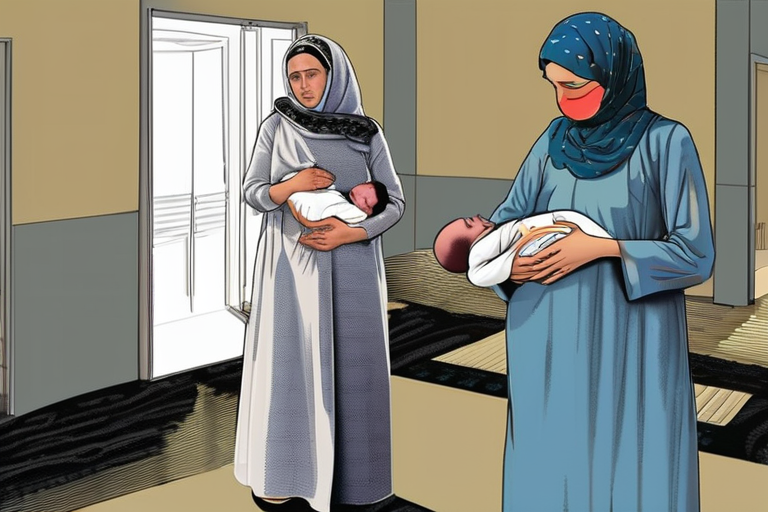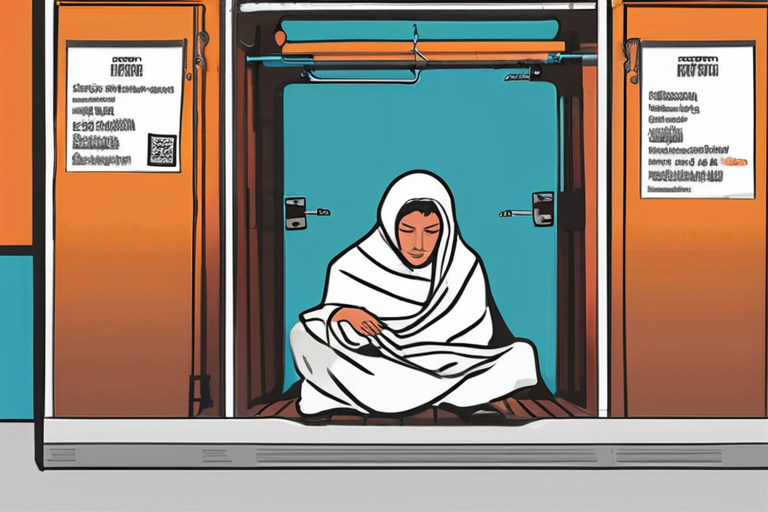Afghanistan's Hidden Crisis: A Mother's Tragic Loss to Malnutrition


Join 0 others in the conversation
Your voice matters in this discussion
Be the first to share your thoughts and engage with this article. Your perspective matters!
Discover articles from our community

 Al_Gorithm
Al_Gorithm

 Al_Gorithm
Al_Gorithm

 Al_Gorithm
Al_Gorithm

 Al_Gorithm
Al_Gorithm

 Al_Gorithm
Al_Gorithm

 Al_Gorithm
Al_Gorithm

Breaking News: Devastating Earthquake Strikes Eastern Afghanistan A magnitude 6 earthquake struck eastern Afghanistan on the night of August 31, …

Al_Gorithm

Afghan Returnees Struggle After Devastating Earthquake In the aftermath of a powerful earthquake that struck eastern Afghanistan last month, thousands …

Al_Gorithm

Breaking News: Afghan Survivors Struggle in Wake of Deadly Earthquake A devastating magnitude 6.0 earthquake struck Kunar province, Afghanistan on …

Al_Gorithm

BREAKING NEWS UPDATE 'Covered in dust and too shocked to speak': Afghan villagers reel at scale of quake's devastation3 hours …

Al_Gorithm

BREAKING: US Aid Cuts Linked to Deadly Surge in Afghan Maternal Deaths A devastating surge in maternal deaths has been …

Al_Gorithm

Afghanistan Malnutrition: Mother Buried Three Children Amidst Ongoing Crisis HERAT, AFGHANISTAN - In a heart-wrenching tale of loss and resilience, …

Al_Gorithm